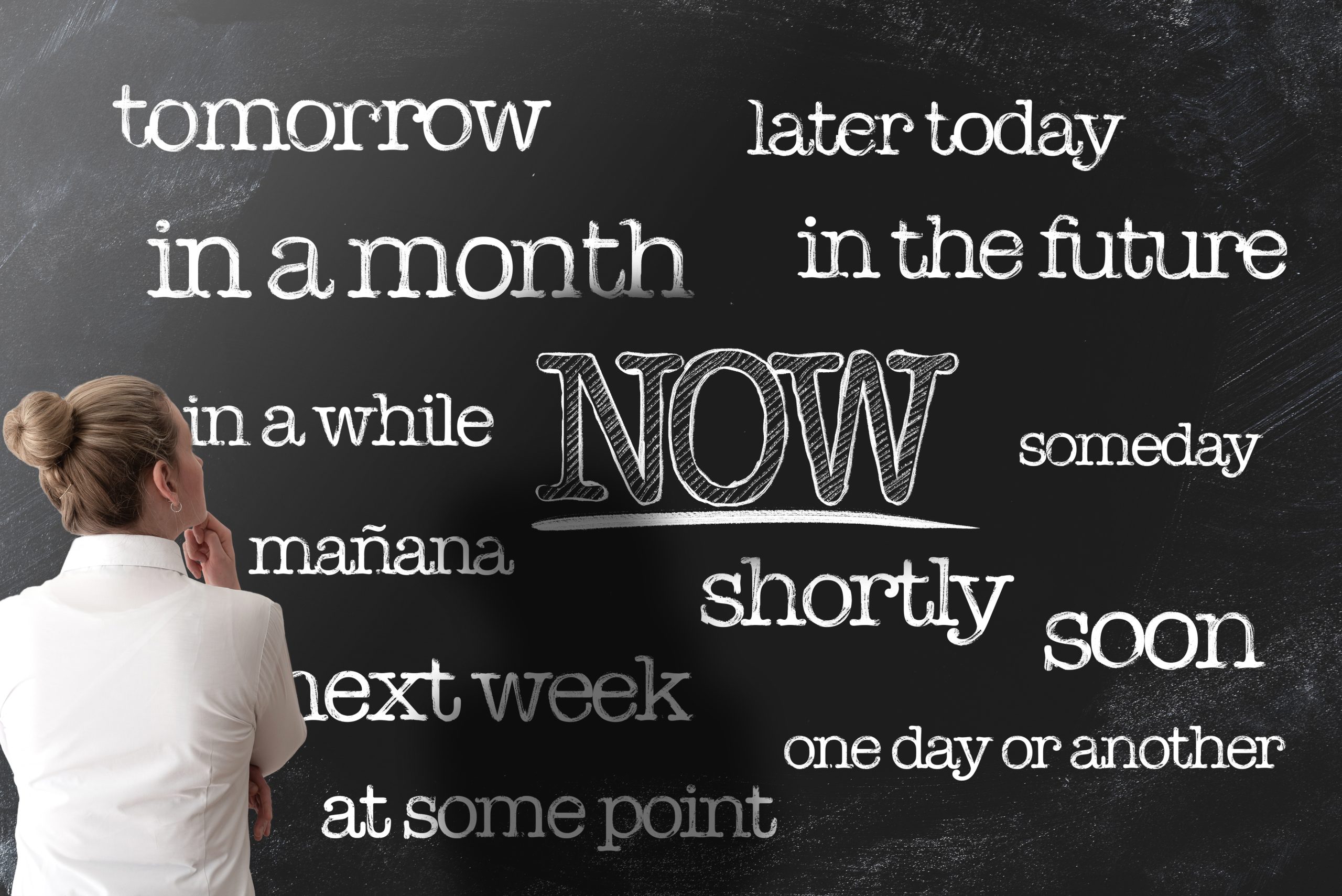The power of being intentional

As August turns to September, I’m guessing you’re likely to be sitting in one of two camps.
1. Frazzled – you’ve been working like a trojan through the hot summer keeping on top of your own job as well as covering for holidaying colleagues.
2. Relaxed yet apprehensive – you feel refreshed after time out, or perhaps a quieter working month with stakeholders away, but you’re girding your loins for the inevitable pick-up in pace as normality resumes.
I’m sitting in the second camp having taken the last couple of weeks off at home. Unusually for a staycation, I managed to achieve a level of relaxation while Getting Stuff Done.
A particularly successful intervention was having a Digital Detox Day last week. All devices switched off, no screens including TV. I went for a favourite walk where I didn’t need Satnav, got very wet in the unexpected downpour because I wasn’t glued to the Met Office forecast and felt liberated by giving myself the permission to be off-grid.
Unintentional attention
This decision was in part because I was aware of how fragmented my attention has been of late. I’ve felt scattered and unfocussed, I’ve got into the habit of checking my phone and emails far too often and I’ve found myself prioritising admin over strategic and creative work. Perhaps this sounds familiar to you?
I’m well aware that this pattern of behaviour is a vicious cycle, feeding a dopamine addiction by giving in to urges to check my devices and tiring my brain by switching tasks and spending too much time on screen. And, as Chris Bailey pointed out in his book Hyperfocus, when you’re tired, your attentional space decreases further.
A clear path to a lesser goal
We’ve evolved to seek pleasure and novelty and to avoid discomfort so it’s easy to be distracted at the best of times, especially if what you want to do feels hard.
However, if you lack clarity on your goals or are holding back from making tough choices about what’s priority – which is something I admit to – then it’s even easier to be taken off course.
As author Robert Brault said, “We are kept from our goal not by obstacles but by a clear path to a lesser goal.” That lesser goal could be checking emails rather than drafting a proposal, or getting stuck into detail you’re familiar with rather than stepping back to consider your vision and strategy.
Resolve to be intentional
An intention is an aim or a plan, something you resolve to do whether that’s meditating first thing in the morning or becoming CEO. Interestingly, it comes from the Latin for “stretching out, exertion, effort”.
Of course, intentions aren’t sufficient without taking action on them. Yet resolving to be intentional in the way you live and work means endeavouring in every moment to make conscious choices aligned with what you value and what you want or need to achieve.
Why every moment? Because whenever we are in transition between activities is the danger-zone for our comfort-seeking brain, the moment when it’s tempting to choose easy instead of hard, comfortable instead of uncomfortable, urgent instead of important.
The challenge is for us to sit with the discomfort of not knowing, of being rather than doing, to check in with ourselves and what’s important to us right now. This paves the way for us to make a conscious choice about what we do next rather than surrendering to habitual behaviour or prioritising what other people want from us.
If you think you’re too busy to pause, then take note of the words of leadership and productivity expert Michael Hyatt, “The busier you are, the more intentional you must be.”
What’s the best use of your time right now?
In the spirit of this, I’ve been experimenting with a question that’s stayed with me from a time management course 20 years ago, “What’s the best use of your time right now?”
If you really tune into yourself, you may be surprised that the answer is as likely to be “stare out of the window for 5 minutes” as “make a start on that proposal”.
In other words, being intentional isn’t necessarily about doing more but being more of yourself.
Finally, a quote from entrepreneur and author, Richie Norton, which I think sums it up nicely, “Intentional living is the art of making our own choices before others’ choices make us.”
What do you think? Drop me a line at alison@alisonreid.co.uk
Alison Reid is an executive and leadership coach who helps senior managers and directors lead with confidence and stay calm under pressure. She's the author of Unleash Your Leadership : How to Worry Less and Achieve More. Download an extract or buy the book.
Sign up to her mailing list to receive blogs like these direct to your inbox.
